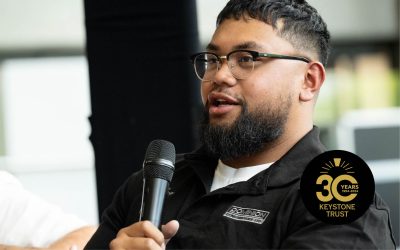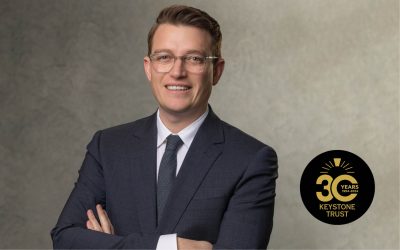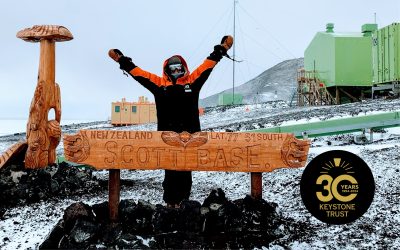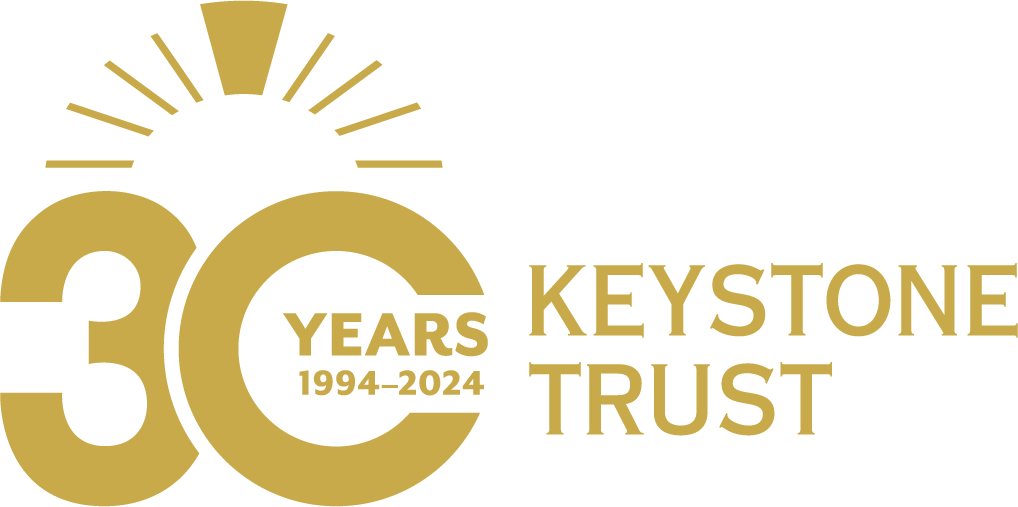
Corrina Gibbons-Hurinui knows the Keystone scholarship interview process from both sides of the table.
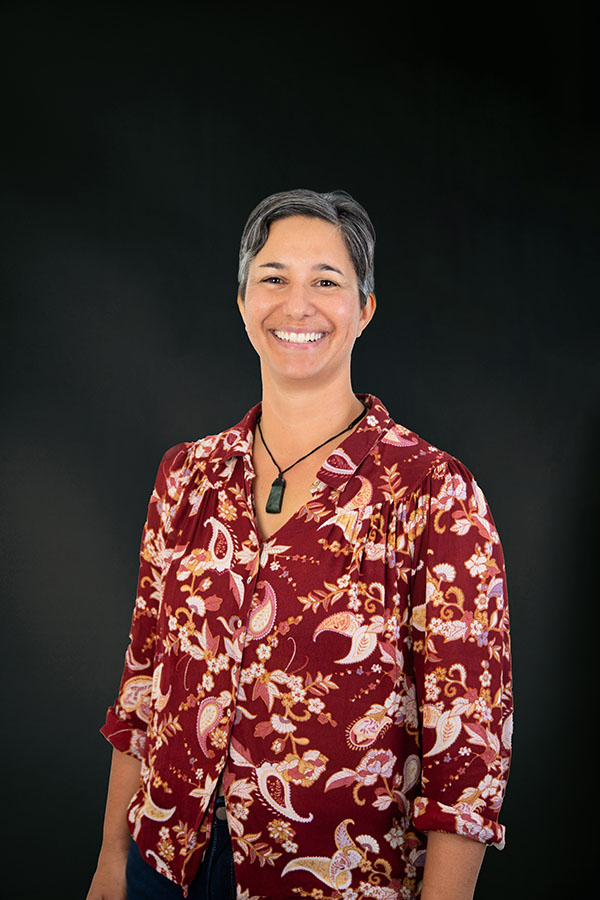
“It will be alright in the end. And if it’s not alright, it’s not the end.”
As a teenaged applicant, she found the selection panel encounter “pretty terrifying”, she now laughingly admits. Later, she became a panel member herself, and while still trying to keep prospective recipients on their toes: “I didn’t go out of my way to make it terrifying.”
Her Keystone connections go way beyond that of interviewee and interviewer. Corrina was a trustee for 10 years, she founded the alumni group, has worked for a Keystone sponsor company and did a stint as trust administrator. She says she was partly moved to do so because of who she was introduced to through Keystone early in her career: “and the people who cared and encouraged me and wanted me to do well.”
It had its beginnings when she was awarded a scholarship in 2000, which enabled her to complete a Bachelor of Engineering at Canterbury University. That’s a long way from Coromandel, where she was raised, and Sacred Heart Girls College in Hamilton, where she was a boarder and head girl. (She just scraped to the Keystone application finishing line, though: filing hers on the day applications closed after only hearing about it two days before.)
Corrina has always packed a lot into her life. At school, she excelled at maths, calculus, statistics and physics, and represented her school in top teams for just about every sport on offer. She also coached two junior basketball teams.
She is currently the Project Delivery Lead at Tactical Group, a leading strategic advisory and delivery consulting firm focused on Australasian property and infrastructure projects. She started
her career at the coal face, initially as a site engineer for a large roading contractor before gaining design experience at an engineering consultancy and then moving to professional project management roles with Keystone sponsor companies. She is also the mother of four young boys.
Engineering was her career pick because, as she said in her application: “it’s a challenging career with a combination of theoretical and practical aspects in a team environment.˘
Even now, she likes to don a hard hat, high-vis vest and work boots and get out in the field. One of her latest projects has been the Tāwhaki National Aerospace Centre’s upgraded runway and hangar near Christchurch, where she was client-side project manager and contract administrator. The centre, with its potential to support vertical space launches in the future, is truly reaching for the stars. “I like being there at the building end, not just the design end,” she says.
Corrina’s scholarship meant a significant reduction in her student loan. But there was more to it than that. She was the only one from her school to go to Canterbury. And she was the first in her wider family to pursue tertiary studies. [Without Keystone]: “I think it might have taken me longer to believe in myself. For me, I didn’t have anyone in my orbit who had been to university – but now I felt I had a back-up.”
To the younger version of herself, she has some staunch advice: “It will be alright in the end. And if it’s not alright, it’s not the end.”

